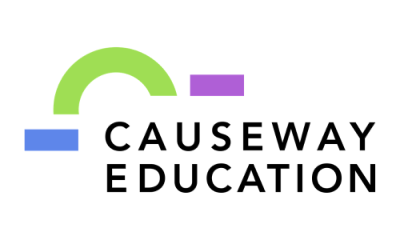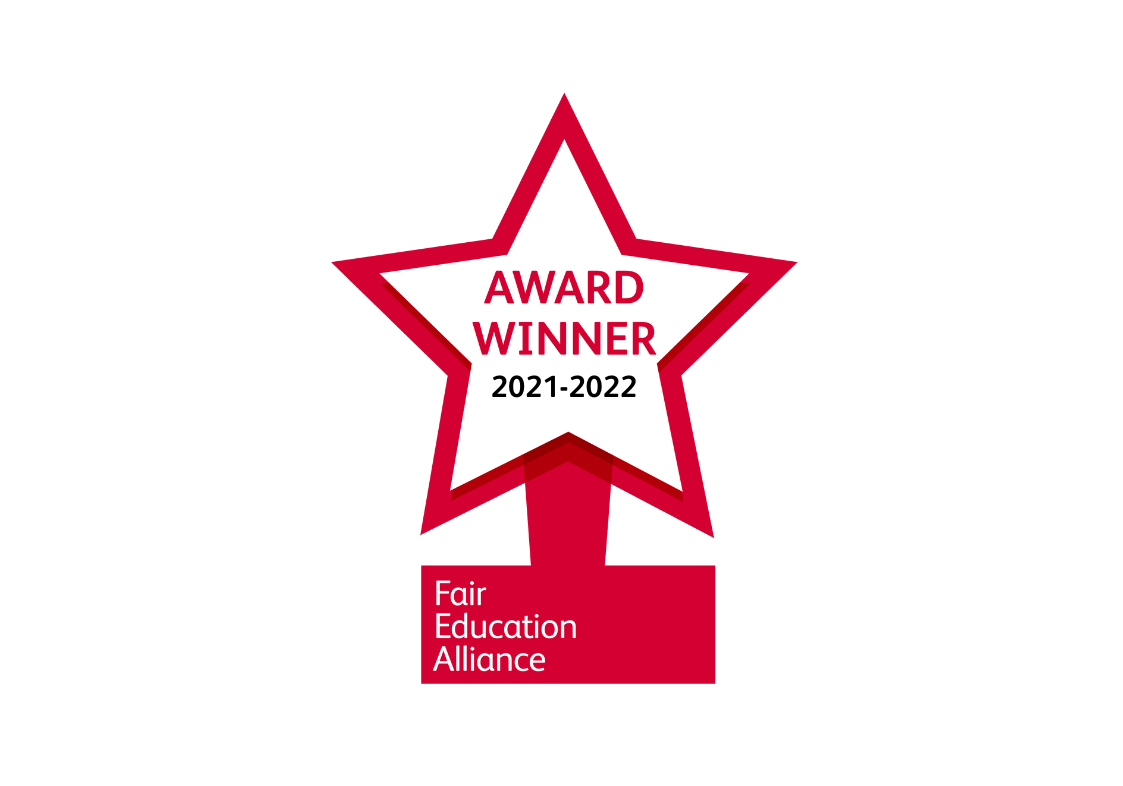A warm welcome for new guidance to help care-experienced young people access HE
/The Department for Education has just published guidance for higher education (HE) providers on how to better support care leavers in getting to and finishing university
We know that young people who are care-experienced are often vulnerable and find the transition to HE extremely difficult as they may not have the support networks that other young people rely on when making decisions and applications to HE.
We’re a Statement of Intent signatory to the Government’s Care Leaver Covenant (CLC) and warmly welcome this guidance. We look forward to working with institutions to develop ways to increase the number of care-experienced students who access higher education, that when they do get in to HE they get the support they need, and ultimately a successful transition to independence.









